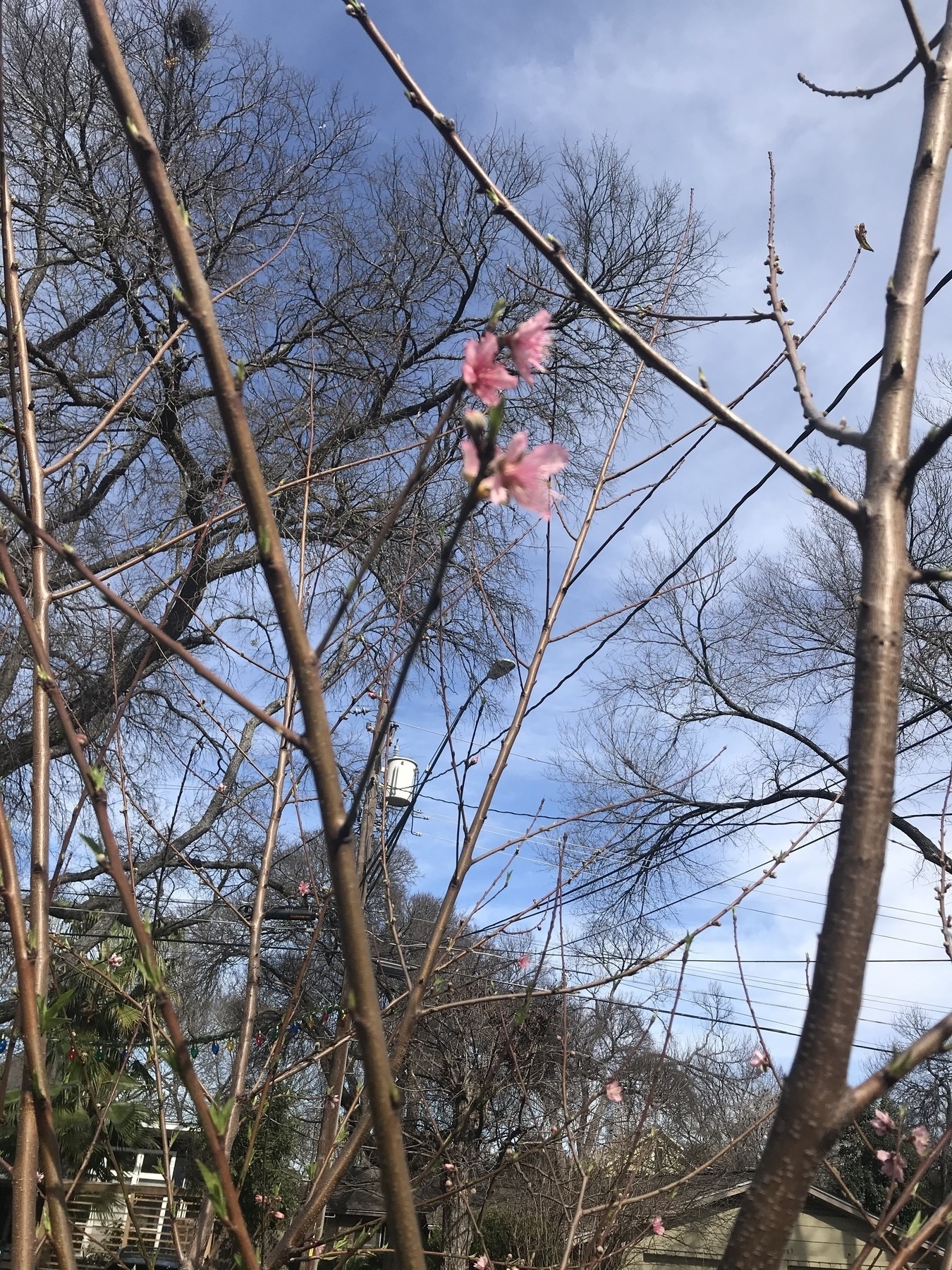Leafing thru this list of peotry resources from poet Christian Wiman, I found a great article on T.S. Eliot by former archbishop Rowan Williams.
From Rowan Williams (Poetic stanzas Eliot’s):
Where, then, is healing? Here Eliot is at his most stark: there is no escape, except into fantasy. There is only a penetrating further into the blackness and destructiveness of the world. Face the truth; face the fact that the world is a world of meaninglessness, of destruction, violence, death, and loss, that no light of ecstasy can change this. Only when we stop projecting patterns on to the world can we live without illusion, and living without illusion is the first step to salvation. “Only through time time is conquered.” And here the starkness gives way to gospel. If there is a God whose will is for the healing of men and women, he can heal only by acting in the worldliness of the world, in and through the vortex of loss and death. He must share the condition of our sickness, our damnation, so as to bring his life and his fullness into it.
The wounded surgeon plies the steel
That questions the distempered part;
Beneath the bleeding hands we feel
The sharp compassion of the healer’s art
Resolving the enigma of the fever chart.
This is the pivot of the Quartets: God has borne all that we bear and so has made the fabric of history his own garment. The world has no discernable meaning or pattern, but into it there has entered the compassion of God. Give up the futile struggle to dominate and organize the chaos of the world in systems and mythologies, and realize that the empty destitution of confronting darkness is the only way in which love can begin. Only if we are honest about the world can we see the choices that confront us. Either there is only destruction and death, or there is destruction and death that we can take into ourselves to let it burn away our self-obsession and so make room for active love, compassion, mutual giving, life in communion. And the only sign of this possibility is the ambivalent memory of a dead and betrayed man.
The dripping blood our only drink,
The bloody flesh our only food.
